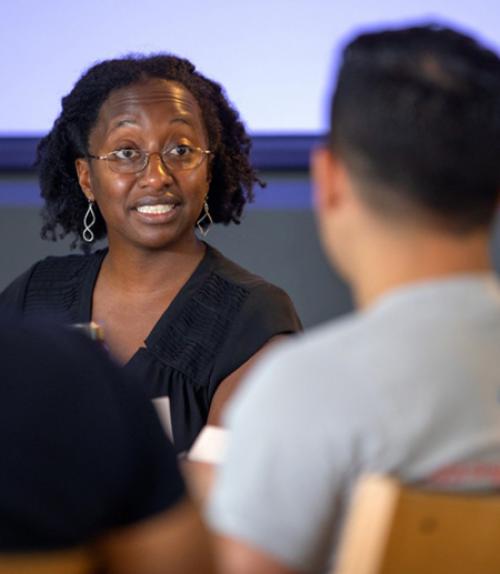Anthropic v. Pentagon reveals enduring rift between tech, national security
A&S Communications
 Department Homepage
The College of Arts & Sciences
Department Homepage
The College of Arts & Sciences
